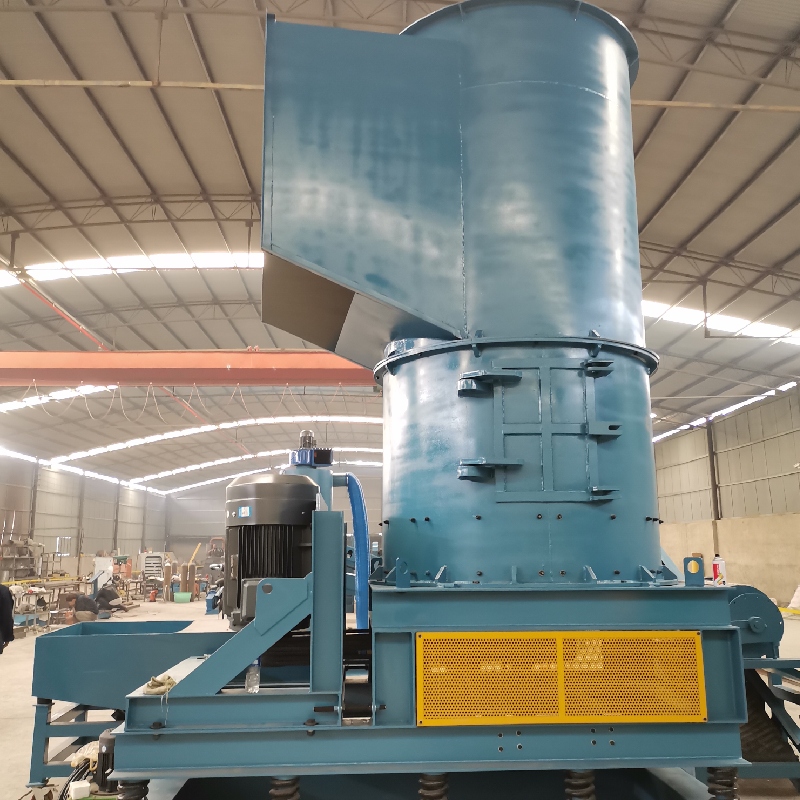

ਅਕਤੂਃ . 30, 2024 21:56 Back to list
The Metal Chip Management An Essential Process in Manufacturing
In the realm of manufacturing, efficiency and resource management play crucial roles in optimizing production processes and ensuring sustainability. One significant aspect of this is the handling and recycling of metal chips, which are byproducts generated during metalworking processes such as cutting, drilling, and milling. Understanding the importance of managing these metal chips effectively can lead to enhanced operational efficiency and considerable cost savings.
The Metal Chip Management An Essential Process in Manufacturing
The first step in effective chip management is the collection of metal chips. Automated systems, such as chip conveyors and vacuum systems, can be employed to continuously gather chips at the source of production. This not only keeps the workspace clean but also minimizes the risk of accidents. Moreover, by automating the collection process, manufacturers can save on labor costs and redirect human resources towards more value-added activities.

Once metal chips are collected, the next step is processing them for recycling. Instead of discarding these chips as waste, many manufacturers have recognized the monetary value they hold. Metal recycling has become an essential part of sustainable manufacturing practices. By crushing, shredding, or compacting the chips, they can be prepared for resale to scrap metal dealers or for reuse in other processes. This not only generates additional revenue but also aligns with the principles of a circular economy, reducing the demand for virgin materials and minimizing environmental impact.
Furthermore, the type of metal in the chips plays a crucial role in determining their recycling strategy. Ferrous and non-ferrous metals behave differently during processing, and understanding these differences can help manufacturers optimize their recycling processes. For example, aluminum chips require different handling techniques compared to steel chips, due to variations in density and melting points. As a result, tailored processes for different metal types can lead to higher recovery rates and reduce disposal costs.
In addition to economic benefits, effective metal chip management also enhances a company's sustainability profile. As more industries face regulatory pressures to minimize waste and carbon footprints, adopting practices that promote recycling and efficient resource use is not only beneficial for the environment but also a competitive advantage in the market. Clients are increasingly favoring suppliers who demonstrate a commitment to sustainability, and a comprehensive chip management system can showcase this commitment.
In conclusion, metal chip management is a critical component of modern manufacturing that should not be overlooked. From enhancing safety and operational efficiency to generating revenue through recycling initiatives, the benefits of effective chip management are multifaceted. As manufacturers continue to strive for sustainability and efficiency, addressing metal chip handling will undoubtedly play a pivotal role in shaping the future of the industry. Investing in advanced technologies and strategies for metal chip collection and recycling not only contributes to a healthier bottom line but also fosters a more sustainable and responsible manufacturing ecosystem.
Latest news
Troubleshooting Common Eddy Separator Problems
NewsJul.04,2025
The Role of Metal Recycling Plants in Circular Economy
NewsJul.04,2025
The Impact of Recycling Line Pickers on Waste Management Costs
NewsJul.04,2025
Safety Features Every Metal Shredder Should Have
NewsJul.04,2025
How Industrial Shredders Improve Waste Management Systems
NewsJul.04,2025
How Cable Granulators Contribute to Sustainable Recycling
NewsJul.04,2025